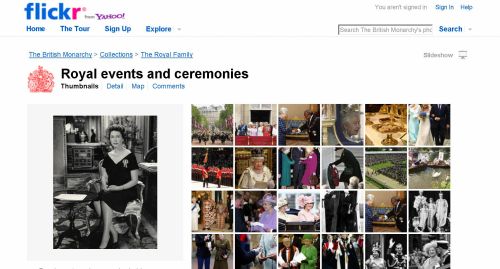JUST mention the words ”social media” to anyone and chances are they will talk about Twitter and Facebook. And why not? The popularity of these two networks are exactly what propelled social media into the mainstream environment.
These days, you’d be hard pressed to find anyone who isn’t on Facebook — and I’m not just talking about young people. Twitter numbers have been, and are still, on the rise.
But social media is really more than just these two really fun tools.
Last week, I attended a conference on social media for business and was surprised to discover that one of the delegates have not even come across the popular (and free) blog hosting site Blogger (www.blogger.com).
When he mentioned that it was the first time he had heard of the site during a question and answer session, I was dumbfounded.
I could not comprehend how someone has never heard of one of the most popular blog hosting sites in the world. It is also one of Google’s many tools in its portfolio.
But then I realised that not everyone immerses themselves in social media as much as my friends and I do, and that the reason for holding such conferences is so people who are not familiar with social media can learn about it.
In fact, whenever I discuss social media, I always suggest that people try out different social media tools. Just because Twitter and Facebook works for me, it doesn’t mean it will work for you as well.
The people of China is a classic example. Because their access to Facebook and Twitter is limited, they have created numerous alternatives which — considering their population — boast tremendous numbers.
Facebook recently reached their 500 million members mark. This is their total membership worldwide. Chinese social networking sites QQ boasts 388 million alone and RenRen has over 120 million members.
My point is really that we all don’t need to use the same social tools (although, in some cases, you probably would like to since all your friends are on it). I know some people who prefer Plurk (www.plurk.com) to Twitter, although the former ‘microblogging’ tool never appealed to me and my account there is currently inactive.

Different social media tools work for different people. Queen Elizabeth (or her aides) obviously saw use for her on Flickr.
There are some tools that I like to use, that many other people don’t. I use Delicious (www.delicious.com) as my main bookmarking tool, I use Prezi (www.prezi.com) to create and share presentations during my talks and I use Flickr (www.flickr.com) to share and backup my photos.
Of course, there are many, many more. There are Orkut, LinkedIn, MySpace, Hi5, Friendster, Bebo among others. If I was to simplify this, I’d say that if you need a social media tool to do something, chances are it already exists. You only need to look for it.
I have even heard of ”exclusive” social networks, including those specially for affluent people.
These sites may not be as popular as Facebook and Twitter but many exist because social media and social networking is a lot about community building. And some communities — like in the world outside of the Internet — are smaller than others.
Yes, all your friends might be on Facebook but if you were working in a particular industry, or have a specific hobby, you might also find it beneficial to explore other social media networks that are centred around those interests.
At the end of the day, you have to decide how social media works for you because remember, it is you who is being social.
So log on to your computer and try different things out; you never know what you might discover.

Tell us what you think!